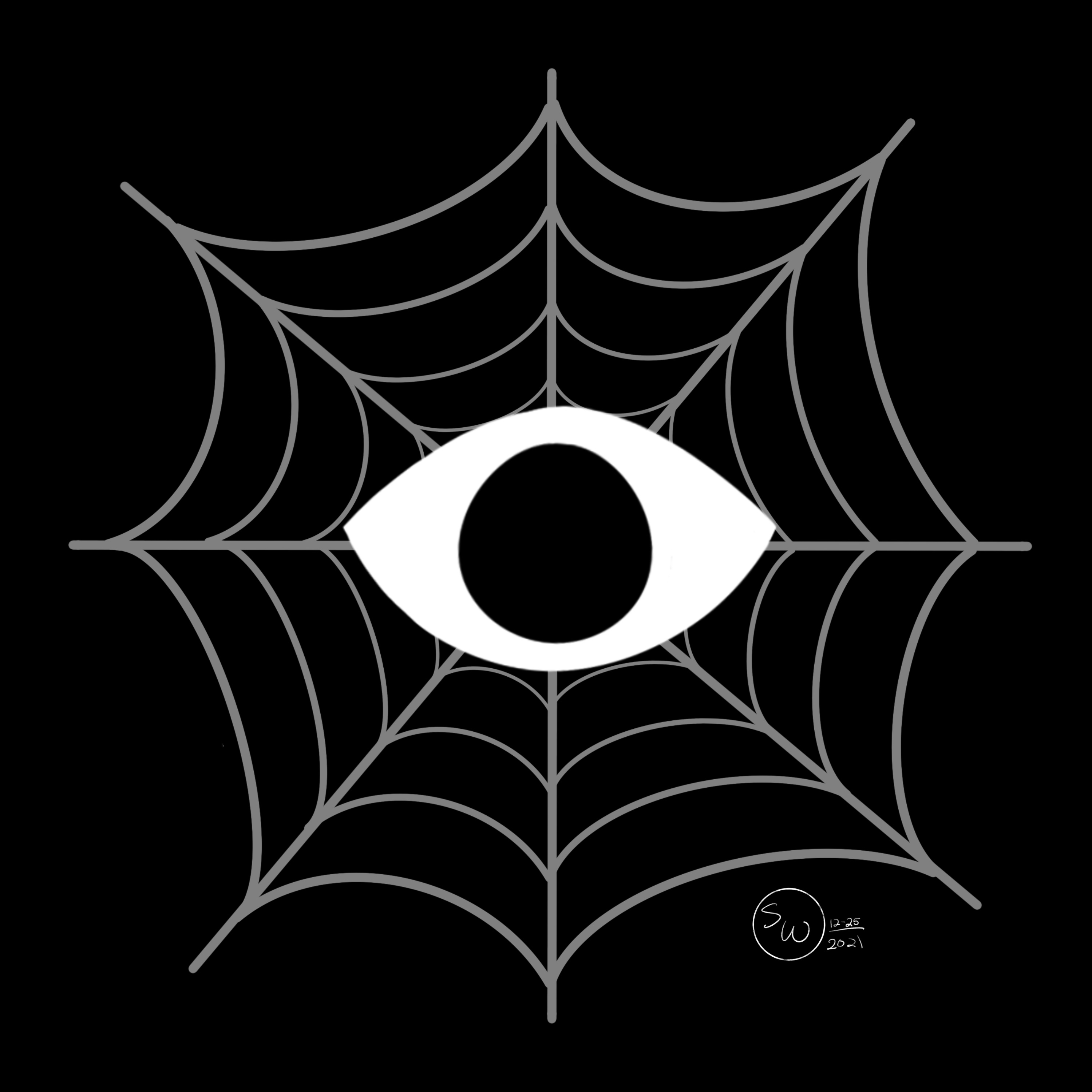Lloth's Prophets
The Prophets are a special sect of the Lloth Temple that makes predictions about the future and act as judge and jury in legal disputes. However, their secretive nature has allowed them to become tools of corruption.
Indeed, Prophets go to extreme lengths to hide their identity. No one, not even other Prophets, know who they are. The Cardinal Council (headed by the High Priestess) chooses the Prophets, but no one other than the Council and the chosen person herself even knows that such an appointment has taken place.
Outside of their official duties, Prophets behave like any other ordinary priestess. They might be a bit slower to advance ranks than average, but otherwise they lead identical lives. This includes eating, sleeping, and socializing with other drow both inside and outside the Temple.
When Prophets must perform a function where they are in the public eye, they wear long robes with a hood that covers their entire face. The robes are enchanted to disguise even the drow's body shape and to allow the Prophet to see without allowing anyone to get a glimpse of their face. The symbol of an eye at the center of a web is always printed prominently on the front of the hood.
Culture
Much like The Web Keepers, the Temple says that Lloth chooses Prophets personally. While this may have been true at one time, it is certainly not true now.
In reality, Lloth lost interest in hand-selecting priestesses a long time ago, leaving it entirely to the High Priestess and the Cardinals. Thus, Prophets are chosen based on their talents for lying, snitching, and taking bribes without getting caught.1.
Indeed, taking bribes seems to be the real function of a Prophet. Every other priestess received "points" toward promotion for doing their duties; Prophets received ration cards (the drow equivalent of money) or rare goods. Indeed, being a Prophet is so profitable (pun intended) that there is a secret area of the Temple that just holds the vaults where Prophets can store their ill-gotten gains.
A Prophet's goal is to gather as much as they can before their usefulness runs out, at which point they retire and leave the Temple to live in the lap of luxury.
Loyalty is nonexistent among the Prophets because even they don't know who the other Prophets are. This fact also serves as a check on Prophets' power since a Prophet that gets out of line can be attacked with another Prophet. Thus, Prophets are incentivized to obey the higher-ups even if they don't feel any particular loyalty to them either.
Public Agenda
Prophets' function in drow society is ostensibly to serve as a judge for legal cases and give out predictions of the future that are supposed to come directly from Lloth herself. Their "soft" function is to keep drow citizens, especially the priesthood, paranoid and compliant.



Comments